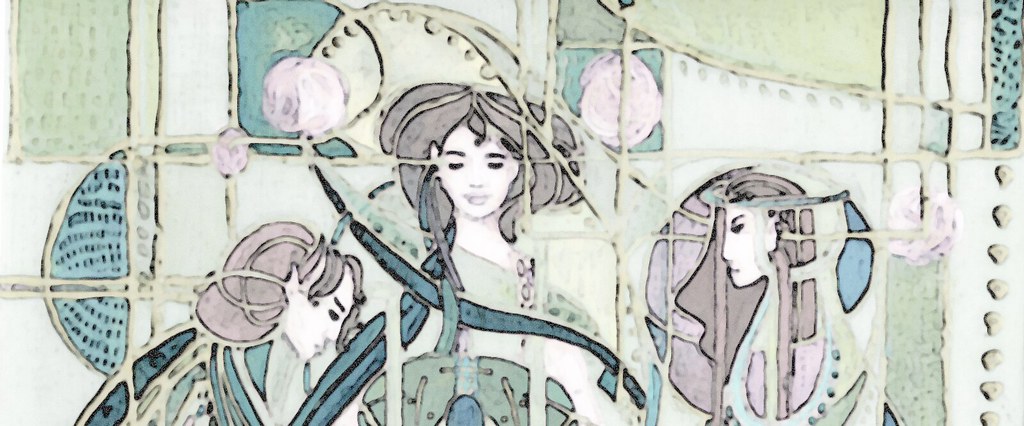Remembrance Day bugs me.
Not because of what it is, but rather for how we approach it. I find it interesting that the focus of Remembrance Day has shifted to WWII. Some may say that is more out of practicality, more living veterans were in that war, the original vets of Armistice Day are almost all gone now. I think though that it has as much to do with the fact that, as I heard on a program the other day, it was one of the few wars that had to be fought. It was about liberating people from tyranny. It was about the deaths of millions preventing the deaths of millions more. It was, in many ways, a 'just war'. Isn't that what we remember, the giving of lives for us (and others) to have freedom? For that war, it is an appropriate sentiment I suppose.
But the original day, Armistice Day, marked the end of WWI. (The end of it, that was the point) WWI was not about freedom. It was not about honour, or a higher cause. It was more akin to a schoolyard fight with deadly and cruel weaponry substituted for rock pitching. 'We'll show you our country rules!' 'yeah well you may have lots of guns but ours are bigger' 'You stink and you're gonna get it now'. Millions upon millions of people died as a result. It was the most catastrophic event in modern history, with so many other world events merely being fallout. For what?
So the label of fighting for freedom being applied to that war or anything to do with it has always irritated me to no end (Actually the war itself makes me angry-perhaps that is why my disposition is so snarky on this). I find it rather trivializing to the people who died there, whose lives were permanently scarred there, that when we come to remember there is all this talk of how noble this was and how we should remember as a way of saying thank you. Thank you for what? Being forced to become the fodder for a silly argument between a bunch of other countries acting like petulant children? I am not saying we shouldn't recognize that many of the soldiers were noble, brave and honourable; they were. But the cause was not. There was no 'cause', only death because well 'every generation needs it's little war to distinguish itself.' And it's pointlessness is compounded by the indescribable horrors associated with it-war tactics so awful attempts were made to outlaw them.
One thing the war and it's combatants did give us was the desire to think twice about going to war. It is not glorious, and it is not always a necessary evil. It was a total turning point for the way we thought about war. There is one thing to be thankful for, to remember.
Of course the second thing it showed us indirectly was that war is indeed at times a necessary evil. Had WWII started in 1935 or 36, it probably wouldn't have been WWII, but no one wanted another Great War or another lost generation. You can't blame the people for being war-weary. But each threat needs to be debated on it's own merits. People were being enslaved and murdered. Should something have been done? Well I suppose only if one hopes that another would do the same for them. Total pacifism is often as unconscionable as reckless bloodshed.
However fact is that the second World War was merely act 2, the horrific result of the events of the Great War. So even that returns us to the stupidity of such a war. Stupid. There's something to remember. These men died for nothing. Isn't that stupid? Isn't that wrong? That is what the original Armistice Day was about-remembering an entire generation crushed and fallen, so disillusioned they became the "lost generation". Yes there was thankfulness too-but for the fact that the theatre of battle was closed, not that people had been in it.
My great grandfather was there, a pinky finger away from lying in one of many mass graves. My grandma doesn't remember him talking about how they fought for freedom. She remembers him unable to enter a church because he had murdered. She also remembers him saying that if they wanted a war, why didn't the leaders fight themselves instead of sending kids to do it. My dad says that in fact he never talked specifically to any of them about the war. He would go back there sometimes; he was 'shell-shocked' and full of shrapnel. He was traumatised and burdened for the rest of his life by what he saw and experienced there.
This too needs to be remembered.

No comments:
Post a Comment